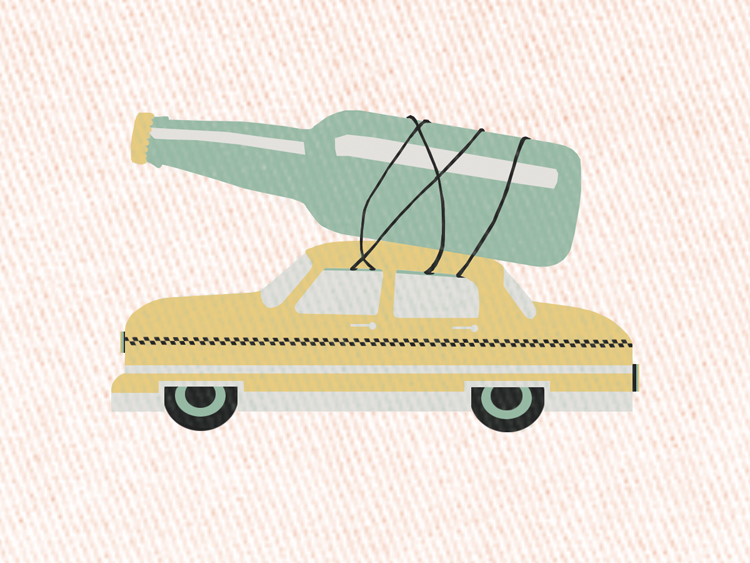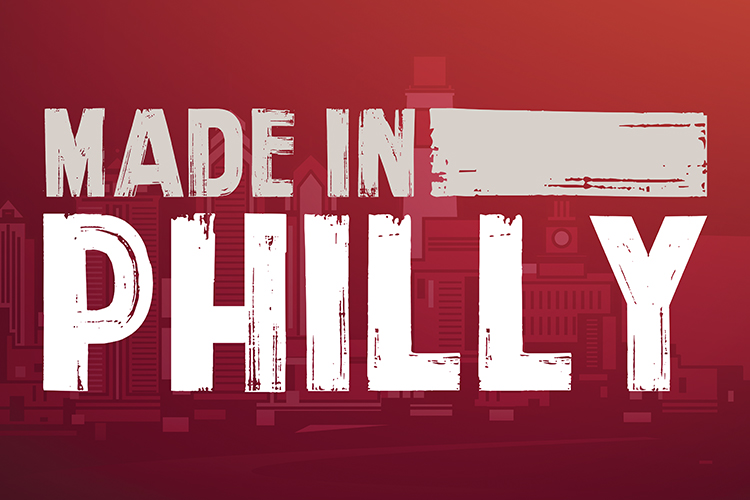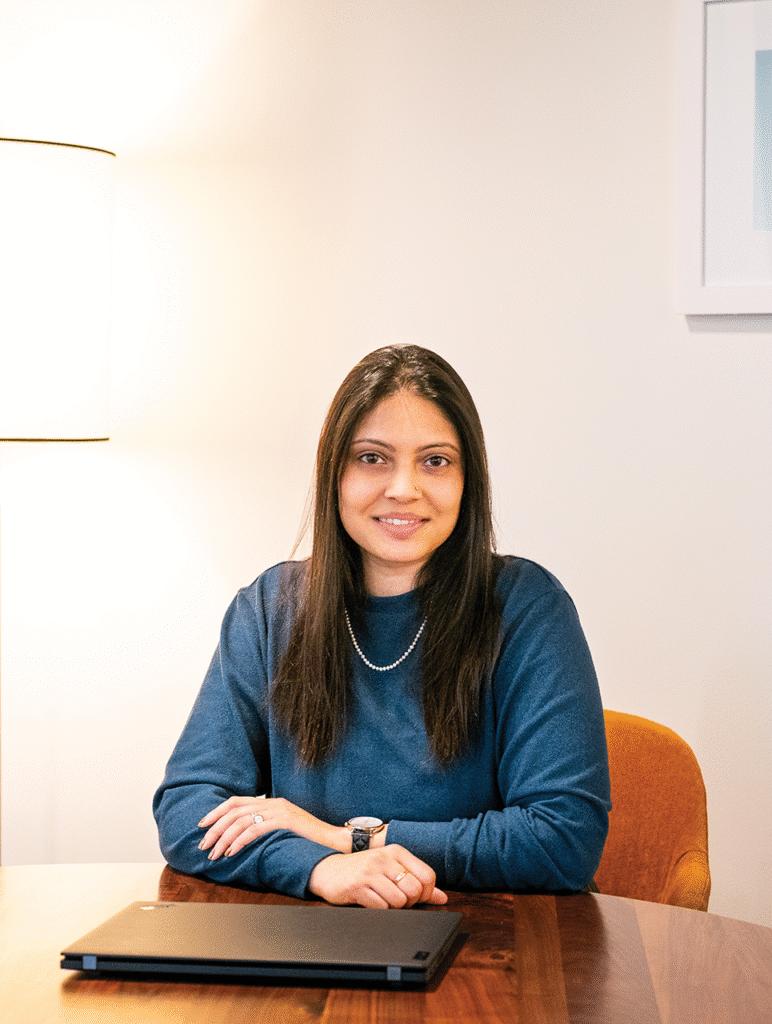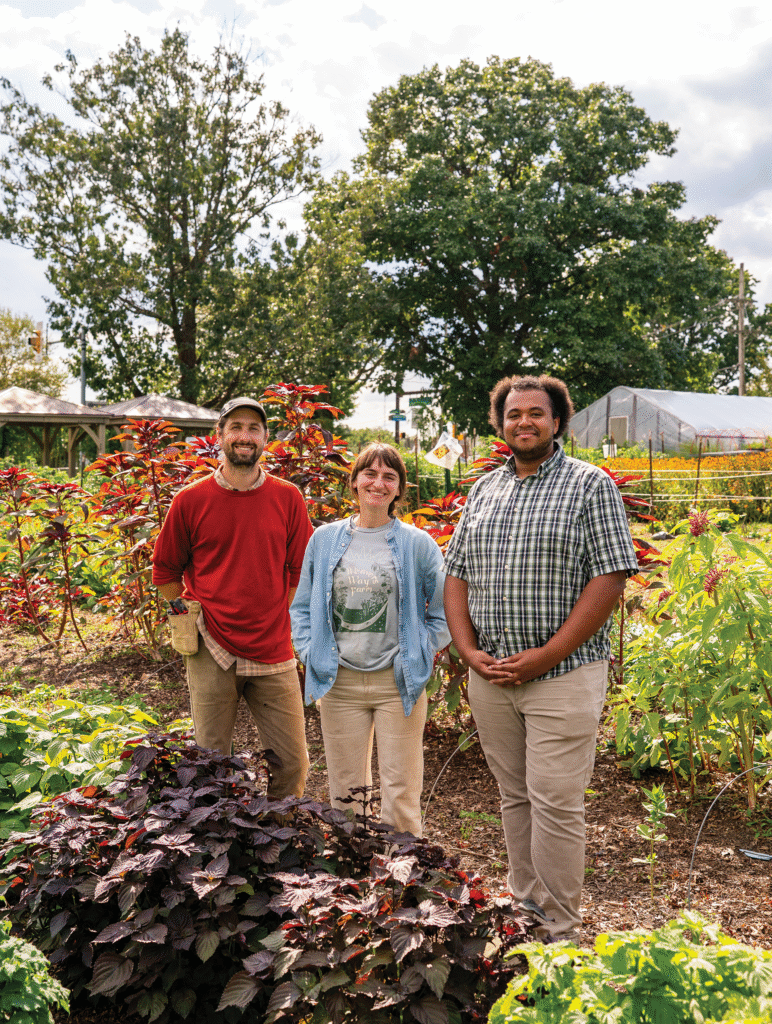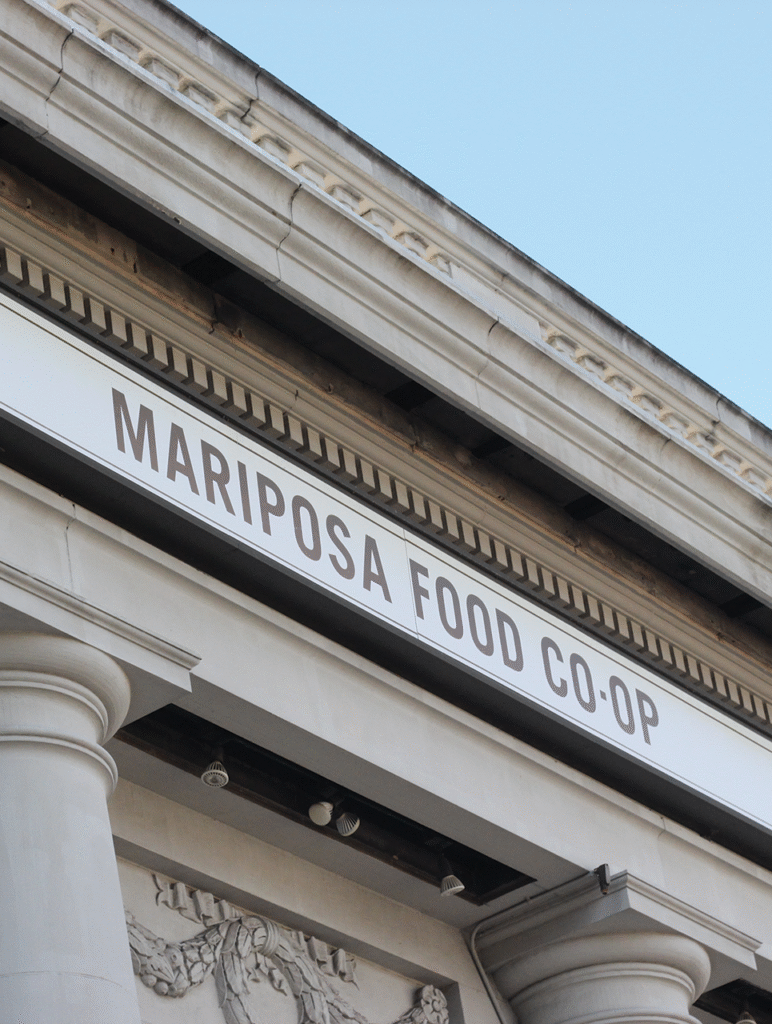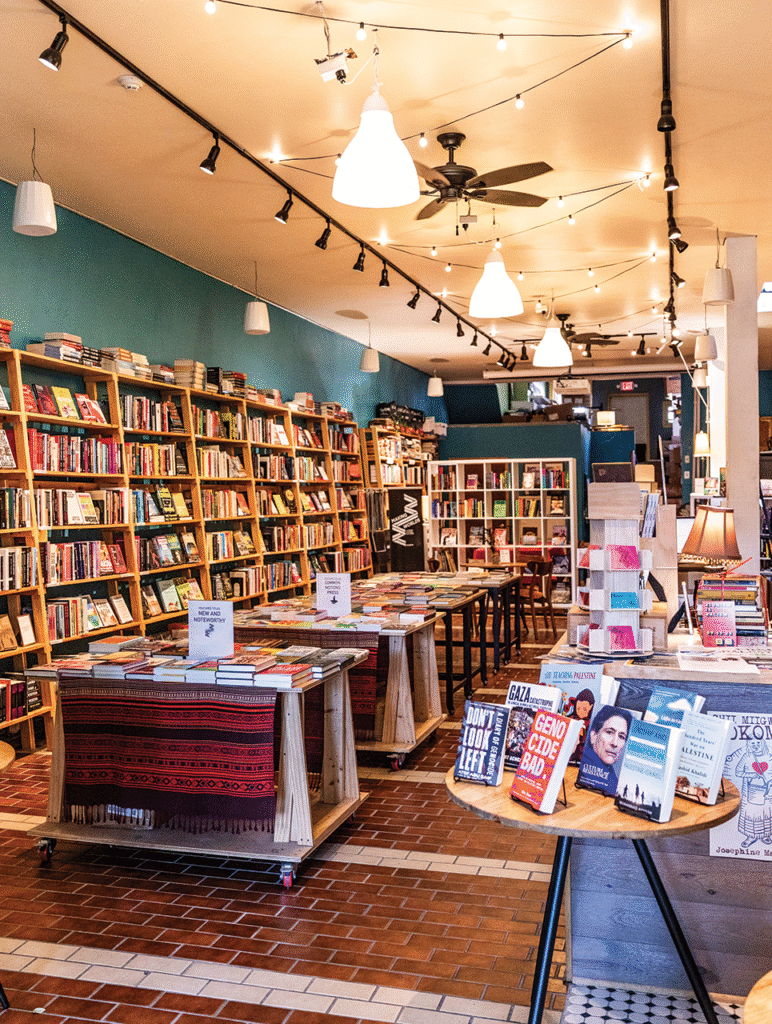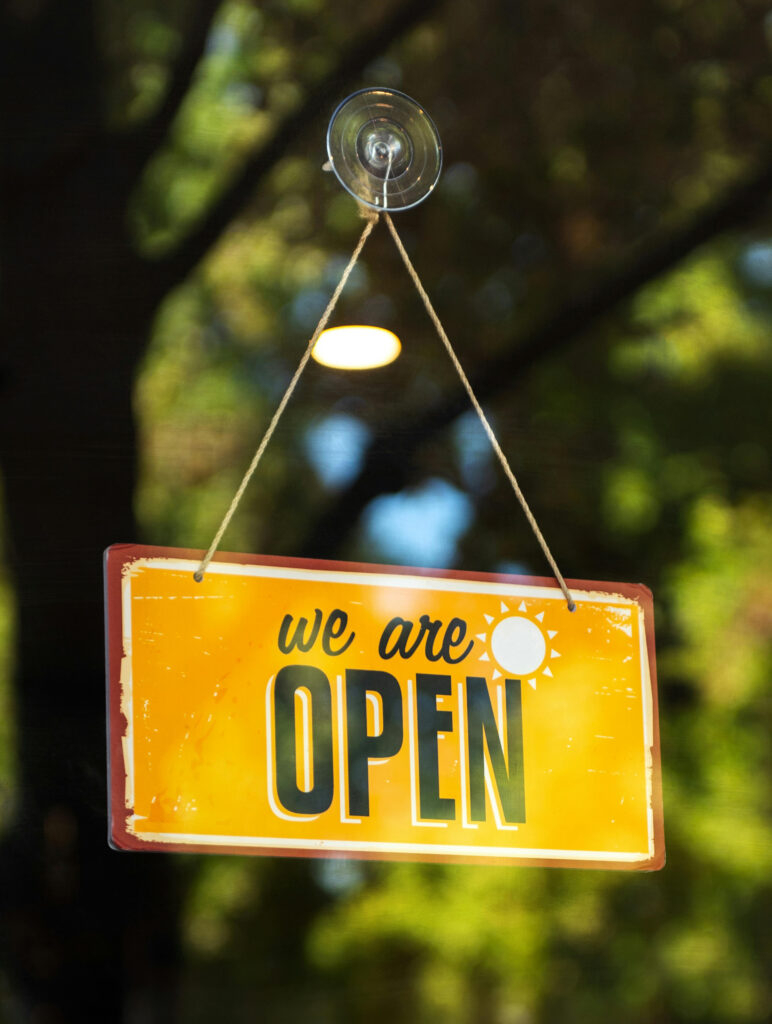Drinking & Riding
by Justin Klugh
Philadelphia has no shortage of home brewers. But not every tech specialist, contractor or middle school teacher who goes home to a distillery in their garage has the know-how of commercial business to take the next step in a crowded craft beer universe.
“How do I do that without quitting my day job?” asks Mark Denys, a home brewer and Senior Administrator with Temple Student Health Services. “Could I go be an assistant brewer somewhere? My wife would kill me.”
That’s where the 12-member Philadelphia Cooperative Brewery Incubator Project plans to step in. Brewers will have the space, equipment and professional guidance to operate without having to open their own business. Six of the 12 co-op members who are more interested in brewing will be making larger investments than the other six members, who will receive discounts and complimentary drinks in exchange for their contributions.
“With the brewer-members,” Denys explains, “the idea is that I’ll be able to do this for four or five years, not quit my day job, invest a significant amount of money—but nowhere near what you’d spend opening up your own brewery—and learn how to use a commercial system.”
Denys and the rest of the group want to create a self-sustaining structure. A few years down the line, with their tutelage complete, members who are departing to open their own pubs or join other operations will sell their shares to incoming investors. Newer members will train under an experienced brewer hired by the collective and brew beers bearing the co-op’s name, with individual members getting each of their own brands on tap as well at the co-op’s bar, the location of which is yet to be determined.
It has been a challenge, Denys says, to get their plan past the Liquor Control Board, who is willing to listen, but has a lot of questions over what exactly the co-op is trying to accomplish.
“I think when we finally do open, there won’t be a brewery out there that is more thought-out,” Denys says. With 12 voices from various backgrounds contributing to the process, there is no shortage of intelligent input, all of which is for the benefit of Philadelphia beer drinkers.
With a wave of hyper-local beer on the way, it may be best to plan your ride ahead of time. Fortunately, there is about to be a brand new option for getting around town that combines the warring factions of taxis and ride sharing services like Uber and Lyft.
Conflict has always been an issue in our taxi system—drivers combat each other, their dispatchers and their companies, in addition to any of the myriad threats that can crash into or scream at them in a night’s work. After a career of motoring in and around Philadelphia, Ron Blount was well aware of the struggle, and in 2004, he decided to do something about it.
“There were five taxi drivers murdered in a 12-month period,” he recalls, “and the taxi drivers hadn’t had a meter increase in 14 years.”
By reaching out to local unions, and drivers in New York, San Francisco and Madison, WI, Blount and his fellow cabbies were able to start an advocacy group that would put drivers’ needs and safety first, getting fares more directly into their pockets and offering them life insurance, backing for traffic tickets and a general safety net as they attempt to create a less stressful environment citywide.
It’s been a long fight for Blount, and before the co-op’s dispatching license was approved last March, the Parking Authority had stood rigidly in the way. It wasn’t until a lawsuit was threatened that the PPA backed off and approved Blount and company’s license to operate. Then came aspects like the required FCC license and phone number, both of which were struggles as Blount navigated unfamiliar territory.
“People were trying to hose us,” he says. “Some people were trying to sell [the FCC license] to us for $100,000… then we found out we could have applied directly to the FCC and we wound up getting a license for $1,000.”
With those fights in their rearview, the taxi co-op can focus on the challenges ahead. Blount knows how one negative interaction can ruin a driver’s day and looks to address that aspect of the job.
“We want to teach drivers to take a break,” Blount says. “If you find yourself becoming [angry], take 10 minutes, go get yourself a cup of coffee, think pleasant thoughts… gather yourself, then start working again.”
Blount also says the taxi co-op will have an app, modeled after current ride share systems, that will help them embrace the modern aspects of the business. Organizing and protecting drivers can keep them more focused on their clientele, as well as their community, rather than sitting in front of the Marriott all day.
“That’s where the co-op is different,” Blount explains. “We want that meter to keep rolling. We want to institute a senior citizen discount in off-peak hours, we want some sort of a program for women who are abused in domestic situations, where we could come get them and take them to a shelter. We just want to be more civically responsible to the city.”



